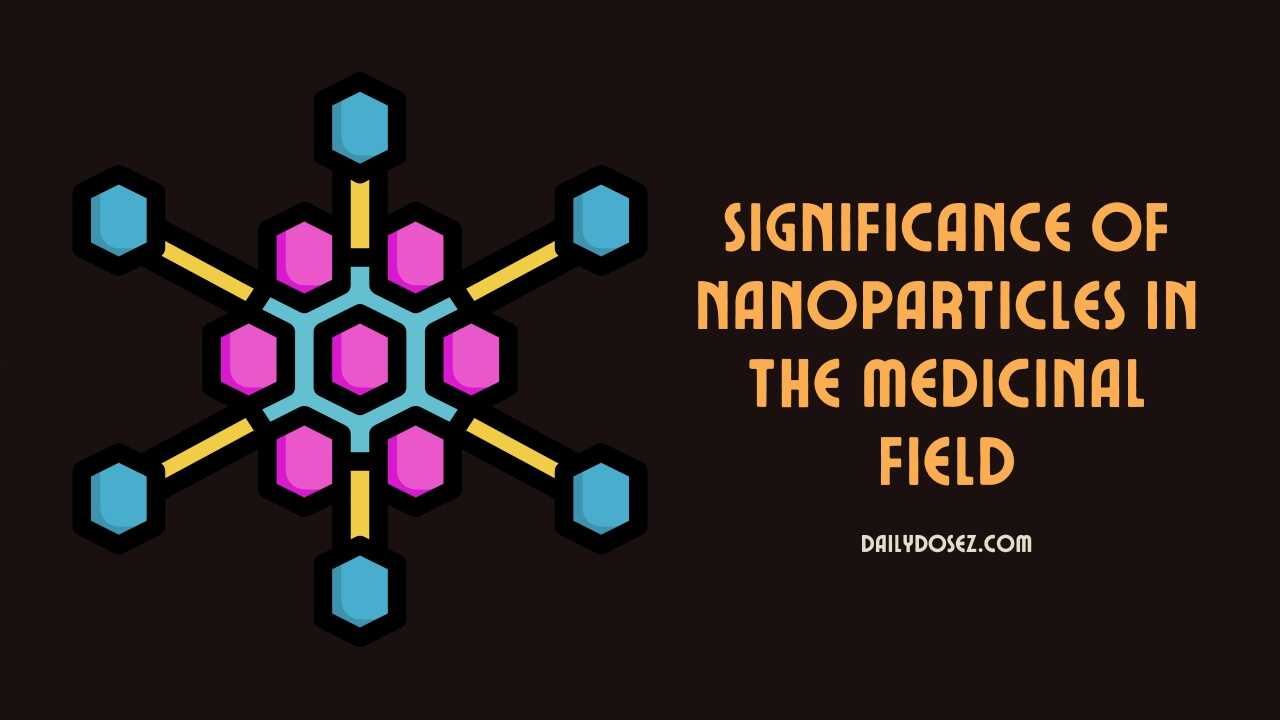Introduction
In the realm of modern medicine, a revolution has been quietly brewing on a minuscule scale – nanoparticles. These tiny particles, often measured in billionths of a meter, have emerged as the unsung heroes of the medicinal field, opening new vistas of possibilities in diagnosis, treatment, and drug delivery.
In this blog, we delve into the captivating world of nanoparticles and explore their profound importance in revolutionizing healthcare.
Nanoparticles in Drug Delivery
One of the most remarkable applications of nanoparticles lies in drug delivery. Traditional methods of administering medication often lack precision and efficiency. Nanoparticles, however, provide a game-changing solution.
Due to their small size, nanoparticles can navigate through the intricate network of the human body, reaching target cells with unprecedented accuracy. This not only reduces potential side effects but also enhances the therapeutic effect of medications.
For instance, nanoparticles can encapsulate drugs, protecting them from degradation and ensuring controlled release, thus improving drug efficacy and patient compliance.
Personalized Medicine
Nanoparticles have paved the way for personalized medicine, tailoring treatments to individual patients. By attaching specific ligands to nanoparticles, medical professionals can create “smart” carriers that selectively bind to diseased cells.
This allows for targeted treatment, minimizing damage to healthy tissue and maximizing the impact of therapies. The concept of personalized medicine is no longer a distant dream, thanks to the precision enabled by nanoparticles.
Diagnostic Advancements
Nanoparticles are not only changing the way we treat diseases but also how we diagnose them. Nanoparticles can be engineered to exhibit unique optical, magnetic, or electronic properties.
These properties can be harnessed to create sensitive and accurate diagnostic tools. Imaging techniques such as MRI, CT scans, and even simple blood tests have been revolutionized by the integration of nanoparticles. Early detection of diseases, including cancer and infections, has become more attainable than ever before.
Overcoming Biological Barriers
The human body’s defense mechanisms often present challenges for effective medical interventions. Nanoparticles have proven their mettle in overcoming these barriers.
For example, the blood-brain barrier, which restricts the passage of many therapeutic agents into the brain, can be breached by nanoparticles designed to bypass this obstacle. This breakthrough opens up new avenues for treating neurological disorders that were previously hard to target.
Ethical Considerations and Future Prospects
While the potential of nanoparticles in medicine is awe-inspiring, ethical considerations surrounding their use remain crucial. As nanoparticles become more intricate and specialized, questions arise about their long-term effects on the human body and the environment. Rigorous research and careful consideration are necessary to ensure their safe integration into healthcare.
Conclusion
The world of medicine is undergoing a remarkable transformation, driven by the unassuming power of nanoparticles.
From enhancing drug delivery to enabling personalized medicine and revolutionizing diagnostics, nanoparticles have demonstrated their capacity to redefine healthcare. As scientists continue to explore their potential, it is clear that these tiny entities are leaving an indelible mark on the medicinal landscape, promising a healthier and more targeted approach to healing.




